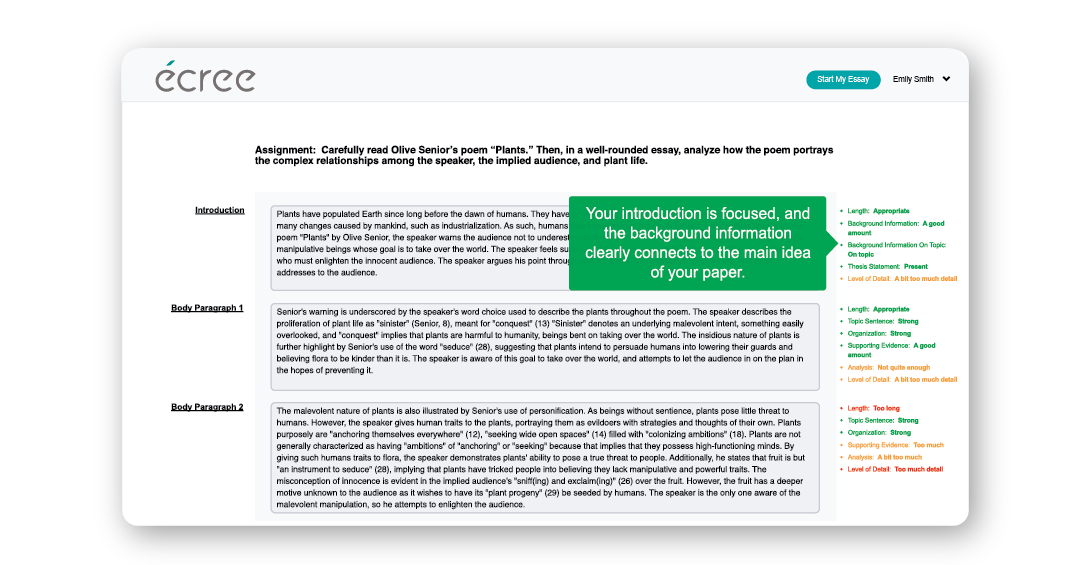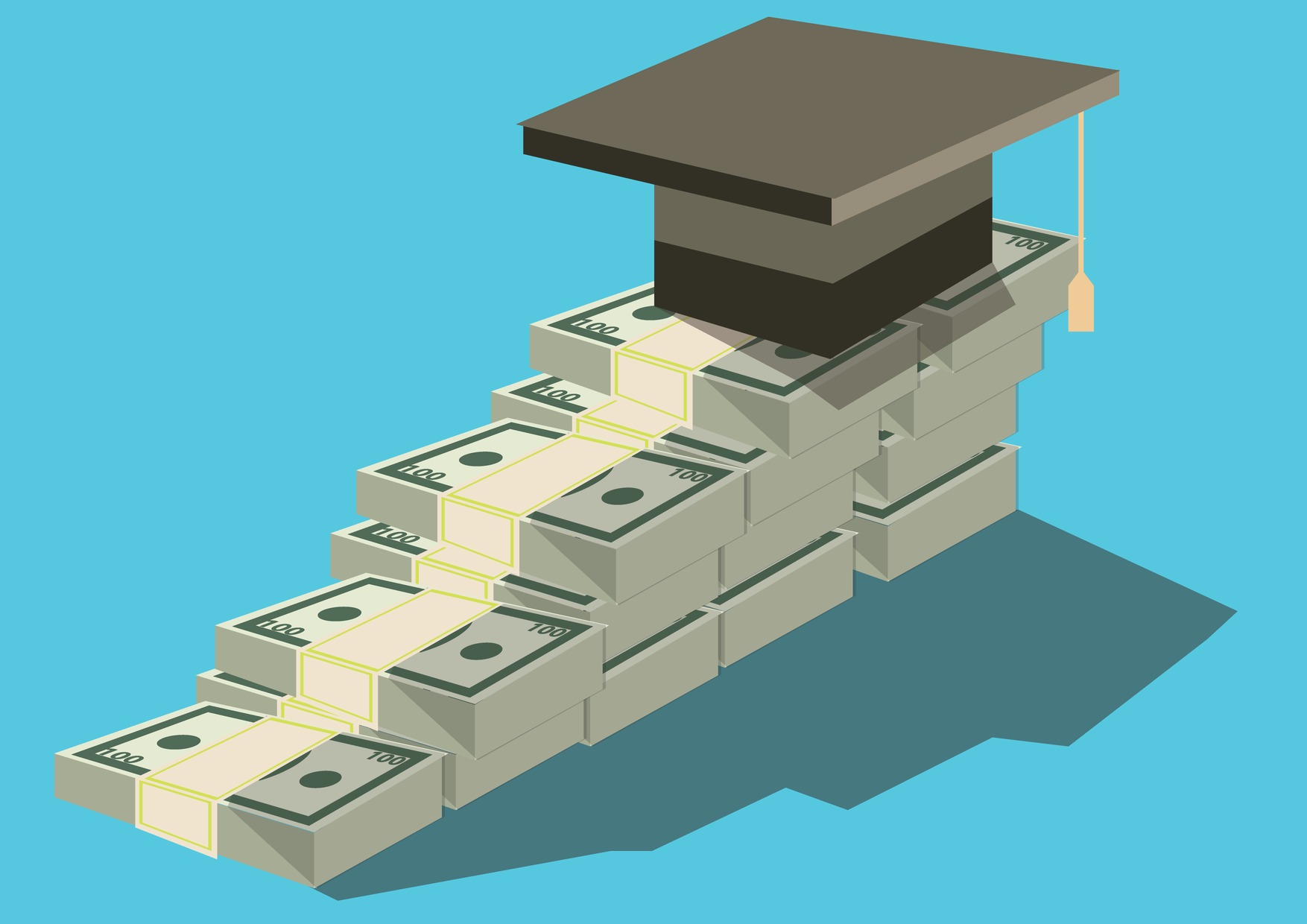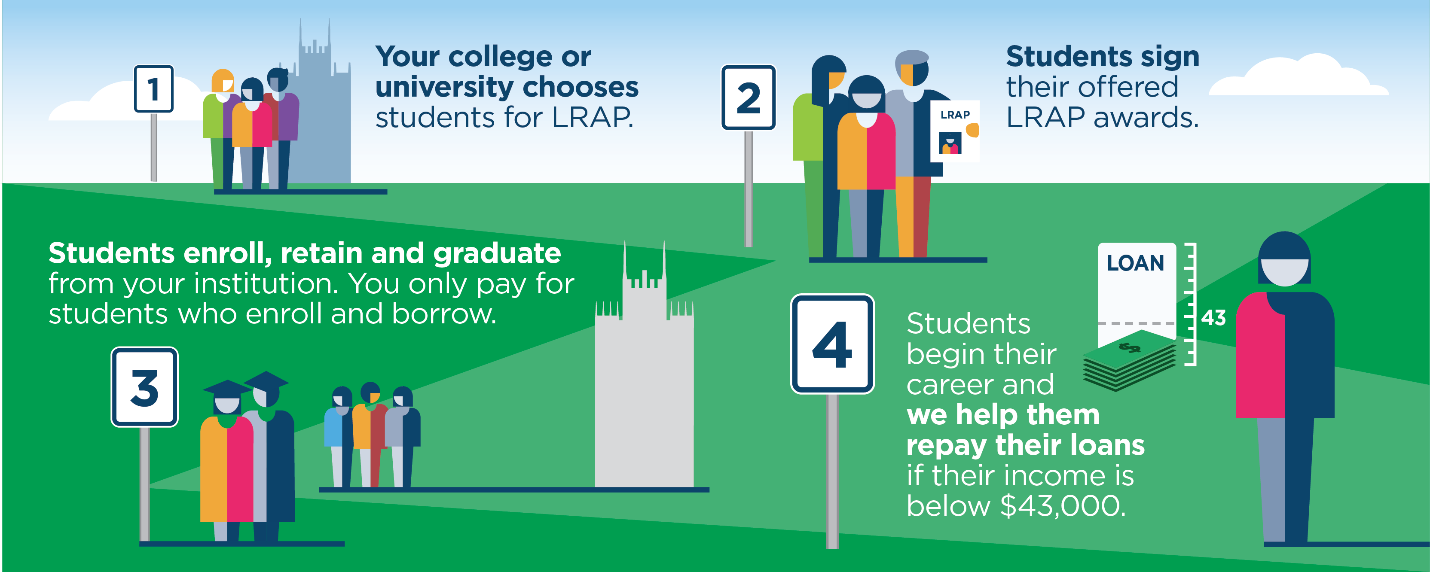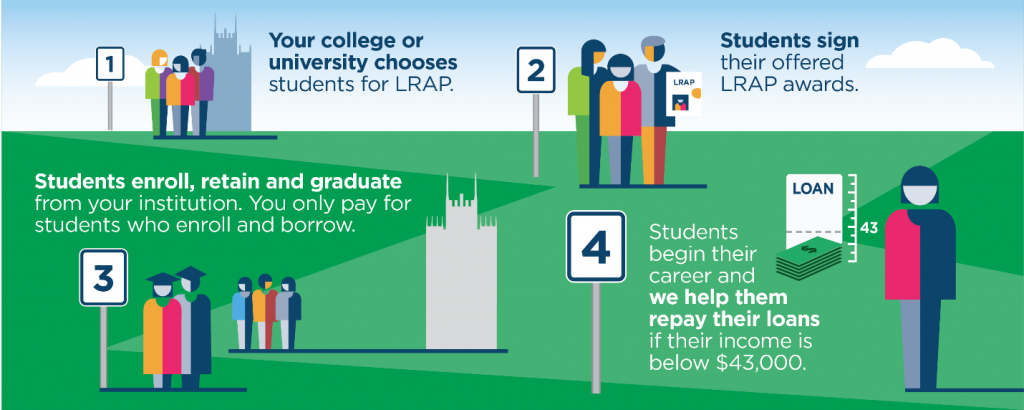If not, maybe they should. Mint.com has published a blog “The Ultimate Guide to Taking Your Dream Gap Year” that might be of interest to some of your students that are considering this option.
Why Students Should Consider Taking a Gap Year
Attending college can feel like a lot
of pressure, especially if you aren’t positive what career path you
want to take in life. Taking a gap year can help provide you some
clarity on what your passions are, and help make you a well-rounded
individual. It’s a big choice to make, but these benefits of taking a
gap year may help you make your decision.
Independence
For many young adults, college can
feel like their first real moment of independence. But with class
schedules, homework, studying, and authority figures like teachers and
parents still having a say in at least some part of your life, how
independent are you really? By taking a gap year, you have the opportunity to set out truly on your own for the first time.
Time to Reflect
Our lives tend to be fast-paced, and
time passes in the blink of an eye. It can be hard to find moments to
take a step back and think about the big picture. By taking a gap year,
you allow yourself time to figure out what you truly want for yourself
out of life, and come up with a plan to achieve those goals.
Learn a New Language and Culture
If you choose to take your gap year
in a foreign country, it is a great opportunity to practice a new
language. Understanding the language will help you become more socially
integrated into your new community, which in turn will help you
understand the culture. According to the Gap Year Association, 94% of people
said they spent their time abroad learning how to communicate with
people from different backgrounds. The ability to acknowledge and
respect other cultures will allow you to be more open-minded throughout
your life, including in the workplace where you may encounter various
beliefs and values.
Improve Career Opportunities
Some people may view taking a year off of work or school as a setback, but in reality it can offer a lot of new opportunities for you. People who travel abroad and take a gap year have better people skills, strong problem-solving abilities, and possess a better sense of self. These characteristics are highly attractive to employers — but be ready to address these soft skills in your cover letter or a job interview.
How to Save for a Gap Year
One factor that deters many from
taking a gap year is the concern of how you can afford to take a year
off to travel. Before you jet off on your new adventure, use these tips
to help you save up the funds you’ll need to support yourself throughout
the gap year.
Set a Goal
Think about everything you want to
accomplish during your gap year and put a monetary estimate on it.
Consider things like transportation costs, housing, and various living
expenses that you’ll have to afford throughout your 12 months. There are
simple ways you can save money,
like cutting back on your subscriptions, or you can make a plan to put a
certain amount aside every paycheck that you’ll use for your gap year.
Do Your Research
While traveling abroad can offer you a
lot of spontaneous experiences, planning your gap year should not.
Before heading off on your adventure, research things like the cost of
living and transportation. Countries in Southeast Asia are more
affordable for someone traveling on a budget versus European countries.
You’ll also want to understand the exchange rate in the countries you’ll
be visiting to make sure you’re making the most of your dollar.
Make Sacrifices
While it’s not something that most
20-somethings want to do, in order to save money you may have to make
some sacrifices. Social expenses like bar tabs, movie tickets, and
eating out at restaurants can add up quickly and take away from your gap
year budget. Cut back on these activities will be beneficial for your
wallet and your health!
Work As Much As Possible
The purpose of a gap year is to take a
break from our regular day-to-day tasks and responsibilities, but you
will have to work hard beforehand. If your job allows, take on extra
hours or shifts to earn more money. You may also want to consider a part-time job or side hustle to help you save additional funds.
Plan and Book Ahead
Once you’ve started saving additional money for your gap year, consider spending some of that extra cash on accommodations or travel. Booking these things at the last minute can end up costing you more, which may prevent you from doing everything you wanted during your gap year. Use platforms like Google Flights or Kayak to set up price tracking so you can be sure you’re getting the best possible deal.
Money-Saving Tips During Your Gap Year
You’ve saved the money, made the plans, and on your way to somewhere new to begin your gap year. But once you arrive, it may be tempting to splurge and blow your budget. These tips will help you stick to your budgeting plan and ensure you come home with money to spare.
Don’t Exchange Money at the Airport
While it’s super convenient to
exchange money at the airport, it also comes with a high commission fee.
If you know what regions you plan to visit, exchange cash at your bank
before leaving for your trip. You can also wait until you get to the
main part of the city you’re visiting to exchange, where you’ll likely
find better rates.
Carry a Prepaid Card
If you choose to go to your bank and
exchange money before leaving, also consider picking up a preloaded
currency card as well. This card will help you avoid ATM and overdraft
fees, keep a better handle on your spending, and even lock in the
exchange rate. If possible, wait until the rate is favorable to load
your card — a prepaid currency card will protect you from any rate
fluctuations.
Use a Budgeting App
Your gap year is all about gaining experiences and creating memories, and sometimes those come at a price. From dinners with new friends, to drinks at a piazza, and excursions through exotic locations, you might see your money disappear more quickly than you anticipated. Using a budgeting app like Mint can help you see exactly what you’re spending your money on and help you make adjustments.
Applying for College After a Gap Year
At some point, your adventure abroad
and gap year has to come to an end. While you may not want to
immediately get back into the swing of things, it’s important you take
steps to prepare yourself for applying to college upon your return.
Deferring Your Acceptance
If you’ve applied to college,
received your acceptance letter, and suddenly feel a bit hesitant about
to head off to school in the fall, that’s okay. Universities and
colleges are more commonly recognizing gap years as a way for students
to grow and experience the world. Check with your college’s deferral
policy, outline your gap year plans, and share with the admissions board
for approval of your request to defer.
Records and Transcripts
If you choose to take a gap year
between high school and college, it is recommended that you discuss with
your guidance or college counselor first. While many high schools will
have your transcripts and records on file for a few years after
graduation, it is important to confirm with your counselor that they
will keep these for you.
Standardized Test Scores
Your test scores will still be valid after you return from your gap year, if you take either the ACT or SAT
before you leave. These scores are valid for five years, and you can
request score reports through the tests respective websites. If you’re
unhappy with your scores, you can always retake the tests — just be sure
to continue studying throughout your gap year to ensure you’re
prepared.
Accounting for Your Gap Year
Approximately 40,000 Americans take a gap year
between high school and college, so most admissions counselors are
familiar with what they entail. But that doesn’t mean you don’t have to
provide an account for your year. Whether you choose to write your
personal essay about your experience, or submit it as additional
information with your application, be ready to clearly explain why you
chose to take a year off and what you gained from the experience.
Additional Resources
If you’re thinking about taking a gap year, there are a lot of factors to consider. It’ll take thoughtful planning, saving and budgeting to ensure you make the most of your time, but it can be one of the most rewarding experiences of your life. By taking a gap year before college, you can grow yourself into a more well-rounded individual and set yourself up for a successful college experience and full life.
Mint.com has some other great blogs for students. Check them out at: https://blog.mint.com/














